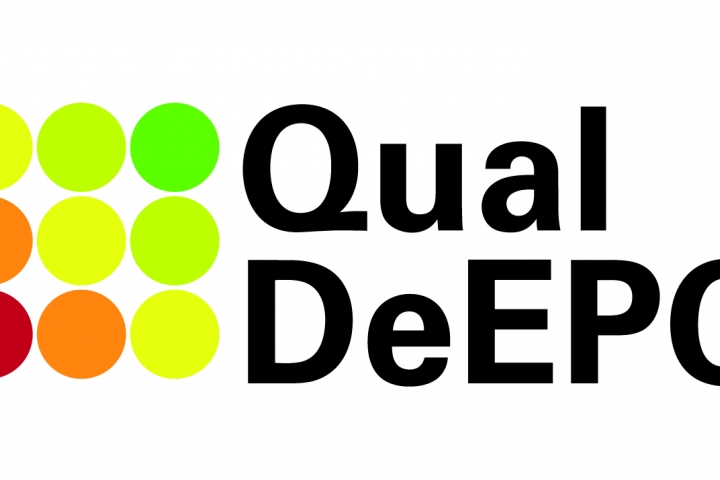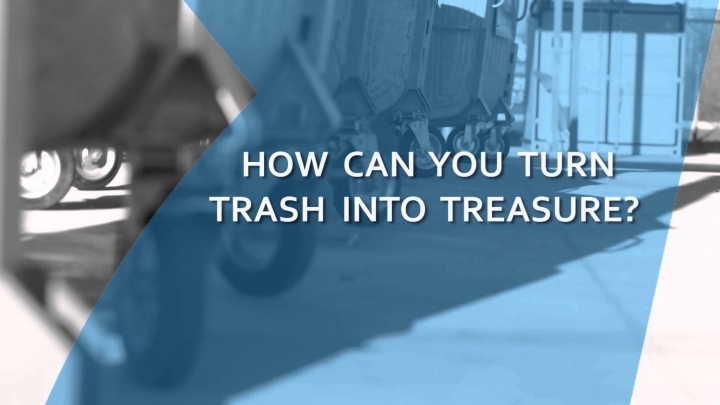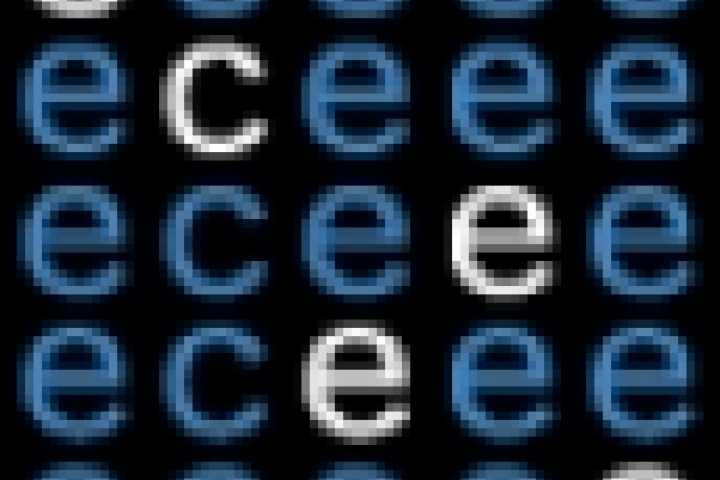How to improve energy performace certificates?
White Paper on Energy Performance Certificate assessment, certification, and use has been published by QualDeEPC consortium.
The White paper, published recently by the QualDeEPC project, is the advanced version of the Green Paper on good practice in EPC assessment, certification, and use. It provides detailed analyses, policy proposals and descriptions of tools on the seven areas that the QualDeEPC project has identified as its priorities for the development of enhanced Energy Performance Certificate (EPC) schemes:
- Improving the recommendations for renovation, which are provided on the EPCs, towards deep energy renovation
- Online tool for comparing EPC recommendations to deep energy renovation recommendations
- Creating Deep Renovation Network Platforms
- Regular mandatory EPC assessor training (on assessment and renovation recommendations) required for certification/accreditation and registry
- High user-friendliness of the EPC
- Voluntary/mandatory advertising guidelines for EPCs
- Improving compliance with the mandatory use of EPCs in real estate advertisements
The best practice examples described in the Green Paper were evaluated by national stakeholder workshops and tested on pilot buildings and discussed with their representatives (Zogla et al. 2021).
The major outcomes are:
- A text-based list of deep energy renovation recommendations,
- The concept for the online tool development,
- The concept for a Deep Renovation Network Platform,
- A universal, enhanced user-friendly EPC form template and background on the proposed content
- A detailed policy proposal for regular mandatory EPC assessor training, and
- A general policy proposal for advertisement guidelines and for actions to improve the compliance with the mandatory use of EPCs in real estate advertisements.
The suggested improvements on EPC schemes in the White Paper will be the basis for the country- specific adaptation, discussion, and to the extent possible, implementation of the developed policy proposals.
To read the full report, please click here.





